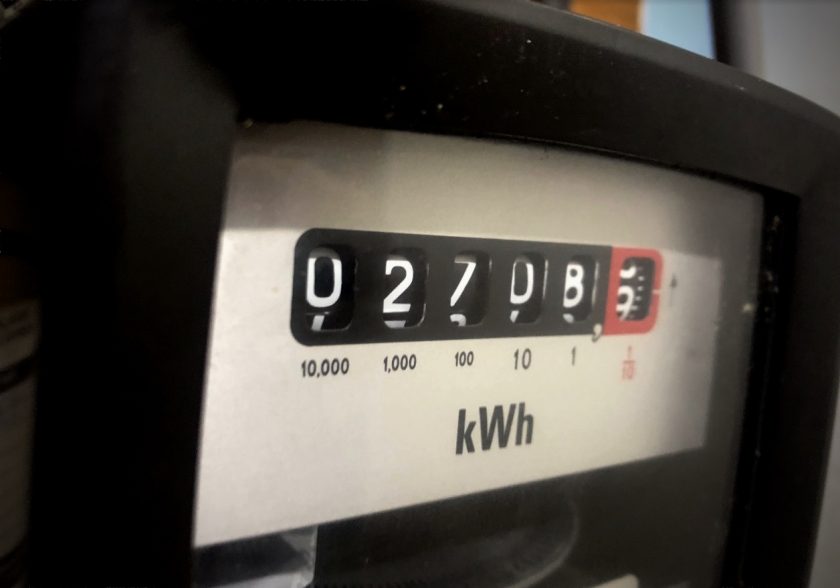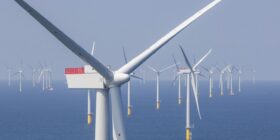Ofgem: New energy price cap option could scrap standing charges

Energy regulator Ofgem has launched a consultation on introducing a zero standing charge energy tariff, a move that could give consumers more control over their bills and provide relief for low-usage households.
Standing charges are fixed daily costs paid to energy suppliers, covering network maintenance and operational expenses, regardless of how much energy a household uses.
These fees are included in the energy price cap, which limits the maximum amount suppliers can charge. However, regional disparities in supply costs have led to significant variations across the UK.
Since the energy price cap was introduced in 2020, standing charges for households in North Wales have risen by almost two-thirds.
This increase has disproportionately affected low-income and vulnerable consumers, for whom the fixed charge represents a significant portion of their energy bill.
In August 2024, Ofgem sought views on ways to reduce or remove standing charges. Many respondents expressed a preference for paying solely based on usage rather than a fixed fee.
The new consultation explores how a zero standing charge tariff could work and how consumers could opt in if the proposal is implemented.
Emily Seymour, energy editor at Which?, explained: “Standing charges are the fixed daily charge you pay to your energy company to cover the cost of being connected to the energy network.
These charges are in addition to the unit rate and you pay them regardless of how much gas or electricity you use.
“For most of us, unit rates will make up the majority of our bill, but for low energy users, the daily standing charge will be a larger proportion of your bill.
“These proposals would give consumers more choice and control over their energy bills but the benefits will depend on your energy usage. If you’re a very low energy user, you may save money overall. However, if you use your gas and electricity every day then you’ll pay a similar amount to any other variable tariff.”
Ofgem is inviting feedback from energy suppliers, consumer groups, and industry bodies until 20 March 2025.
If approved, the zero standing charge option could be available from next winter.
Spotted something? Got a story? Send a Facebook Message | A direct message on Twitter | Email: [email protected] Latest News








